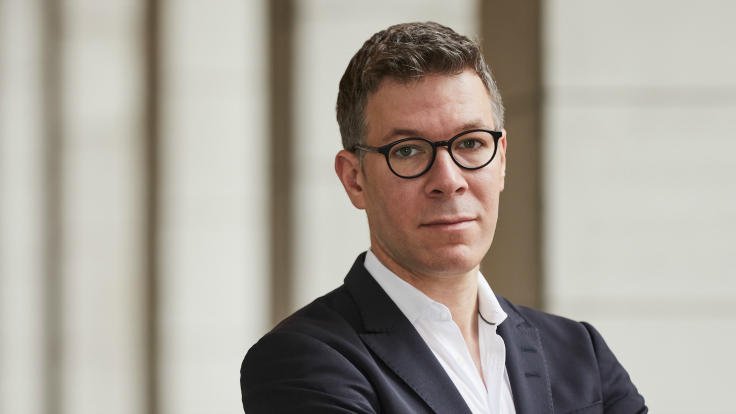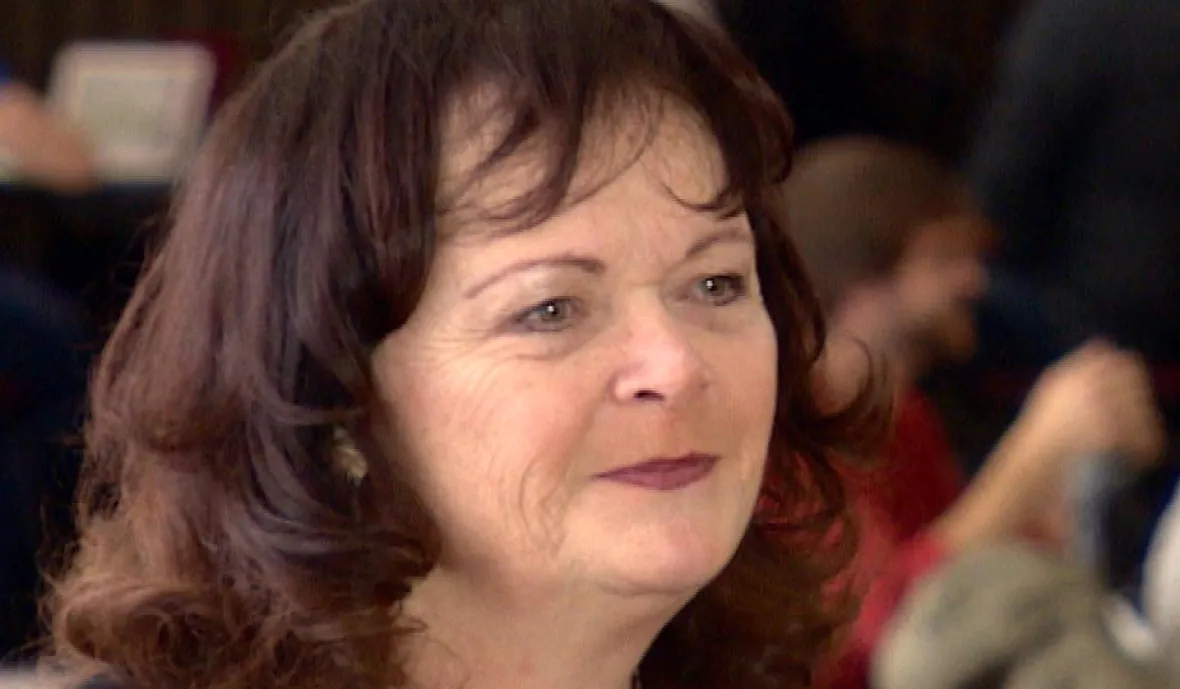Listen in
Academic disciplines
- Accounting 7
- Art Education 1
- Art History 2
- Biochemistry 1
- Bioethics 1
- Biophysics 1
- Chemistry 1
- Classics 1
- Communications 1
- Criminology 1
- Culture 1
- Dance 1
- Ecology 6
- Economics 4
- Education 3
- Engineering 3
- Environment 2
- Finance 2
- Geography 1
- Graduate Studies 2
- Graphic Texts 2
- Healthcare 2
- Homelessness 2
- Humanities 1
- Law 3
- Literature 3
- Management 2
- Marketing 3
- Neurology 1
- Nursing 1
- Organization Studies 1
- Philosophy 2
- Psychology 4
- Social Work 1
- Sustainability 2
- Trailer 1
- Women's Studies 1
Episode 042: Elizabeth Greene
Dr. Elizabeth Greene, Associate Professor of Classics at The University of Western Ontario, holds the Canada Research Chair in Roman Archaeology. Her work on Roman ruins near Hadrian’s Wall in northern England looks at everyday objects like leather footwear. History is written by the winners, they say, and as a result, the voices of women are often left out of historical narratives. But by looking closer at the archaeological record, Dr. Greene has been able to discover a lot more about everyday life in Roman society. It’s an approach to history that challenges our assumptions about how the world works.
Episode 041: Markus Giesler
Prof. Markus Giesler, of the Schulich School of Business at York University, is a consumer researcher. This means he looks at how markets dynamically shape human behaviour. He is an Editor at the Journal of Consumer Research and the bright spark behind one of the most popular courses at our school, "Customer Experience Design." It’s a course that models customer experience design for his students in every lecture, project, and assignment. In this episode, he talks about his latest research paper, “The Consumerization Of Care,” in which he explores how we as a society have responded to the global pandemic in ways that redefine social solidarity.
Episode 040: Françoise Baylis
Prof. Françoise Baylis is a renowned bioethicist and recipient of this year’s Killam Prize in the humanities. Her work on the ethics of gene editing and other technologies related to human reproduction offers clear guidance and thought-provoking critical insights into an area of research that is not only on the cutting edge of science, but tied to the most profound emotions of women and their partners who are trying to have children.
Episode 039: Josh Thienpont
Dr. Josh Thienpont is a paleolimnologist from York University's Faculty of Environmental and Urban Change. He studies inland aquatic ecosystems in the Arctic to understand what the distant past of lakes and streams can tell us about how climate change is affecting the Arctic. His work is crucial for understanding the effects of humanity on the very waterways on which human life depends.
Episode 038: Alison Harvey
Dr. Alison Harvey of York University studies digital games from a communications and culture perspective. Her research looks at issues of inclusivity, justice, and accessibility in digital culture. The multibillion-dollar electronic games industry blurs the line between work and play, exacerbating the exploitation of workers. This makes it an ideal site for Dr. Harvey to study contemporary employment practices.
Episode 037: Ozzy Mermut
Assoc. Prof. Ozzy Mermut of York University’s Centre for Vision Research investigates the diagnosis and treatment of age-related eye diseases using lasers. Her work on biophotonics harnesses the power of light to provide new insights into the structure and function of the eye, with the promise of new diagnostic tools and minimally-invasive treatments for serious eye diseases.
Episode 036: Dayna Scott
Prof. Dayna Scott, of York University’s Osgoode Hall Law School, holds a Canada Research Chair in Environmental Law & Justice. Her work examines the problematic jurisdictional reality that shapes the transition to a green economy, as Canadian mining companies seek to develop resources on land belonging to the First Nations.
Episode 035: Andrea O’Reilly
Prof. Andrea O’Reilly of York University studies motherhood from a profoundly feminist perspective. Deconstructing the taken-for-granted, culturally normative image of mothers has led her to publish over 20 books on mothering. Her most recent work explores the inordinate impact of the COVID-19 pandemic on mothers.
Episode 034: Sarah Barrett
Dr. Sarah Barrett, of the Faculty of Education at York University, studies the impact that the core beliefs and values of teachers have on classroom practice. She talks here about the emotional experience of online learning and how this has affected teachers and students during the pandemic.
Episode 033: Patrick Alcedo
Dr. Patrick Alcedo, Chair of the Department of Dance at York University, is an award-winning filmmaker whose documentaries capture the beauty of motion and the dreams of possibility among dancers in the Philippines. His work is gorgeous and human, with carefully framed images and haunting, evocative soundtracks.
Episode 032: Johnny Rungtusanatham
Prof. Johnny Rungtusanatham, Canada Research Chair in Supply Chain Management at York University, is a leading expert on the subject of supply chain disruptions. We discuss the impact of the huge storm in British Columbia, why stores are sold out of many goods during the pandemic, and what kinds of public policies could make supply chains more resilient.
Episode 031: Leeat Granek
Dr. Leeat Granek, of the School of Health Policy & Management in the Faculty of Health at York University, studies the emotional, psychological, and contextual factors that shape how healthcare workers do their jobs. Her research has helped thousands of oncologists and neurosurgeons understand how they process grief and how their emotional connection to patients influences life-or-death decisions that they face every day.












